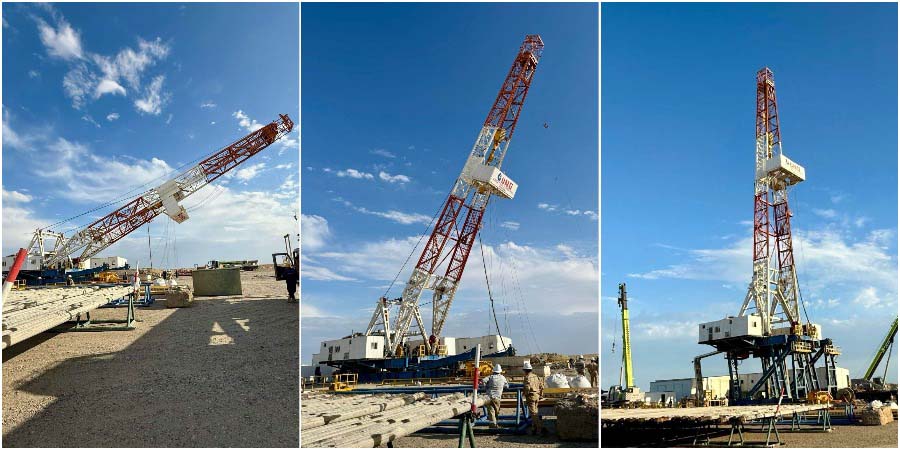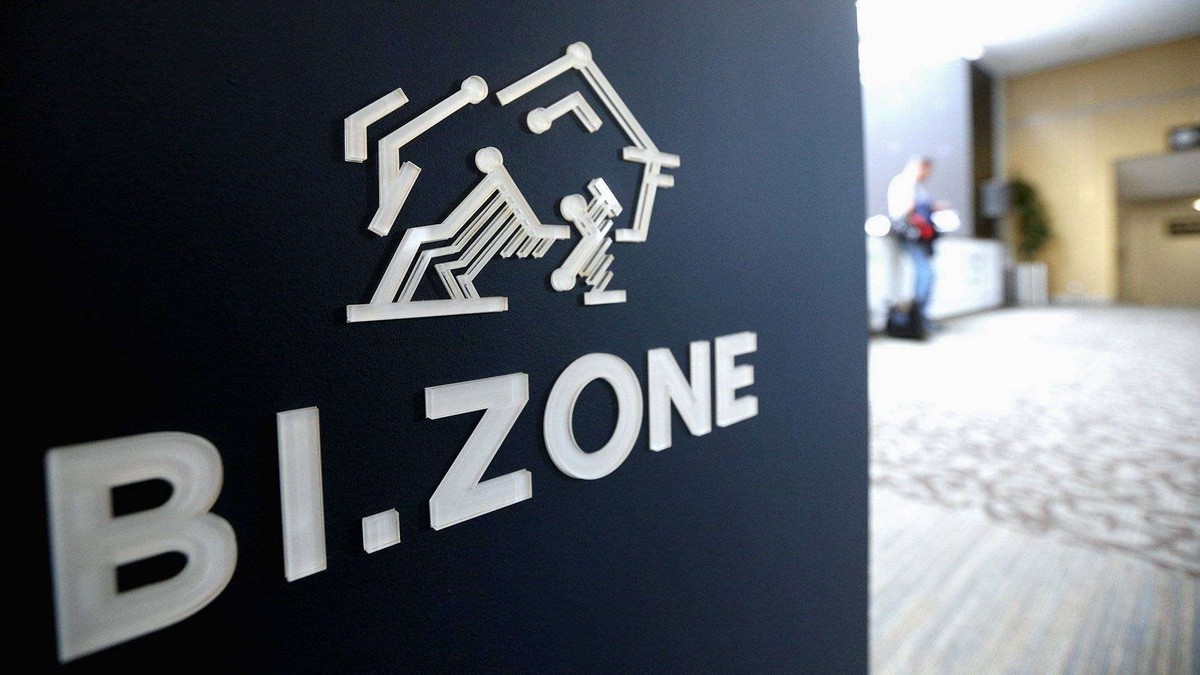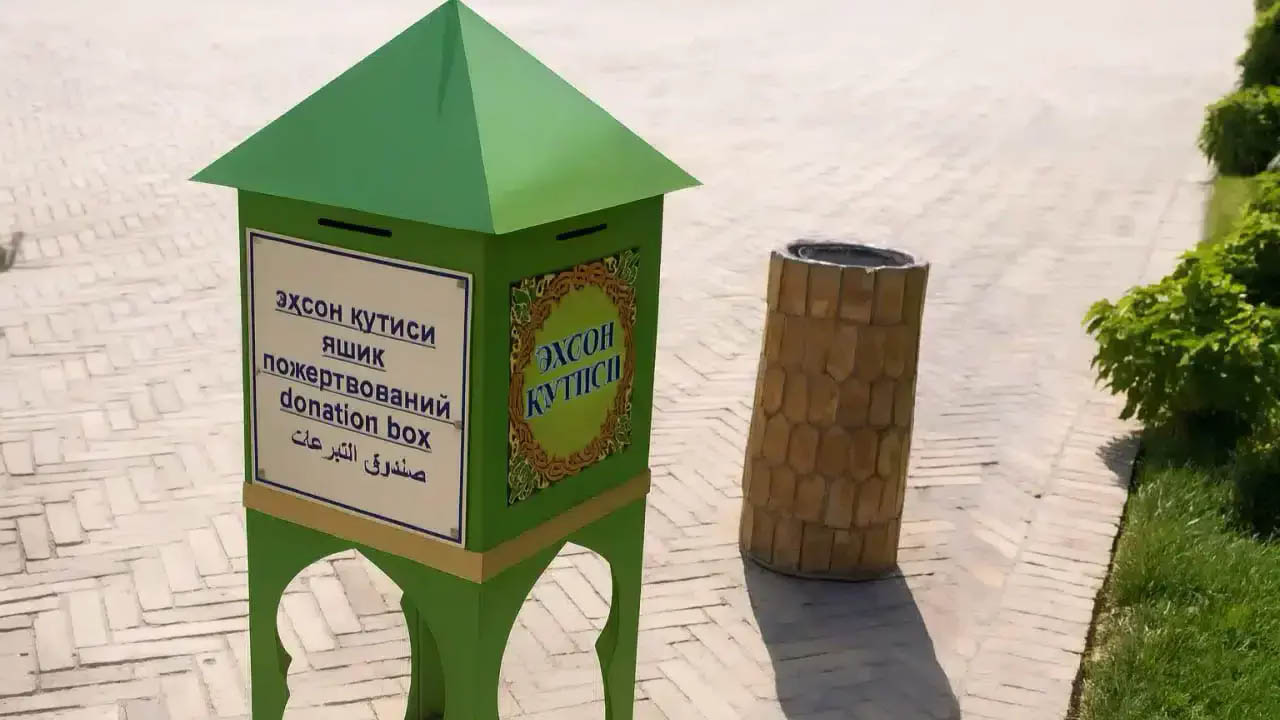Tashkent hosted a working meeting with representatives of small and medium-sized businesses engaged in trade and public catering. The event is held in preparation for the upcoming open dialogue between the President of the Republic of Uzbekistan and entrepreneurs, and is aimed at identifying key barriers to the development of the sector, as well as developing specific support mechanisms.
According to official data, 146.8 thousand business entities operate in the republic in the field of trade and 19.5 thousand in the segment of public catering. These industries play a strategic role in providing employment, developing domestic demand, and creating infrastructure for everyday services. Their contribution to Uzbekistan's economic activity is not only quantitative, but also socially significant: They are directly related to creating jobs and improving the standard of living.
The meeting was attended by key representatives of relevant government agencies and business communities: Chairman of the State Tax Committee Sherzod Kudbiyev, Head of the Chamber of Commerce and Industry Davron Vakhabov, Commissioner for the Protection of the Rights and Legitimate Interests of Entrepreneurs (Business Ombudsman), as well as the leadership of the Trade and Service Association, Small Business Associations and representatives of other departments.
The discussion was held in an open format and covered a wide range of issues: tax burden, licensing, access to financial resources, sanitary supervision requirements, as well as issues of digitalization of accounting and regulation. Special attention was paid to the difference in working conditions between large network companies and individual entrepreneurs, as well as the need to develop more flexible approaches to regulation and taxation.
The format of such meetings allows businesses to communicate problems directly to regulators and, importantly, makes it possible to quickly respond to specific cases that were previously considered exclusively within the framework of administrative procedures. As the participants emphasized, the meetings are a preparatory platform for building a systematic dialogue between business and the state, in which the entrepreneur acts not as a petitioner, but as a full-fledged participant in economic development.
As a result of the discussions, the proposals and comments voiced at the meeting will be systematized and put on the agenda of the open dialogue between the President and entrepreneurs, which will be an important step in improving the country's business climate.











